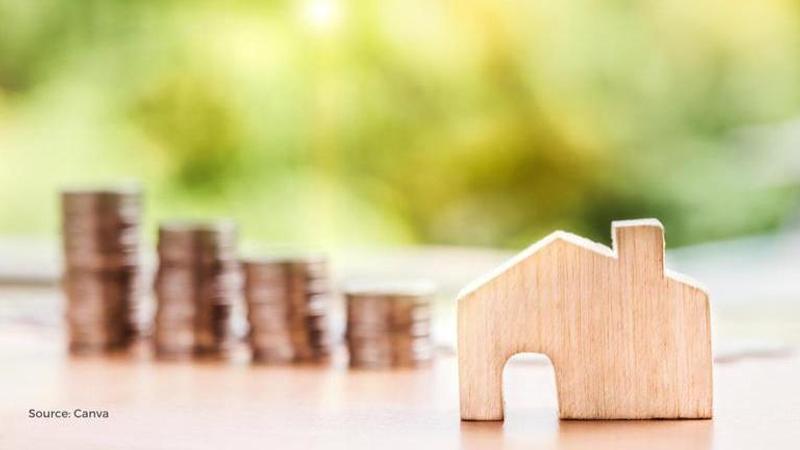Published 19:18 IST, March 11th 2020
Economics Quiz CBSE Class 12th, 2020: Important Questions & Answers
Here are the important questions of CBSE Class 12 Economics along with their explained answers. These questions are applicable for the economic quiz also.

As CBSE and HSC boards are coming close, students need to revise for their major exams. Here are a few economics-based questions and answers that will help the students to appear for their economics paper. Check all the economics questions below.
Check out the economics quiz below:
1. As per the durability of consumer goods ------------ are used for more than one year.
Answer - Durable goods like air-conditioners, refrigerators are used for more than one year.
2. In the case of credit, money is?
Answer - When money value is greater than commodity value it is said as credit money.
3. The estimated income receipts of the government in the budget of 2016-17 is 25000 crore and its estimated expenditure are Rs. 27,500 crore. The budget of the government is ---------?
Answer - So when expenses are more than receipts it shows case the negative balance. Hence, the estimated income receipts of the government in the budget of 2016-17 is? 25000 crore and its estimated expenditure are Rs. 27,500 crore. The budget of the government is in deficit.
4. The national income of a country is Rs. 80 crore and consumption expenditure are Rs. 64 crore. What will be the value of Average Propensity to Save (APS)?
Answer - Average propensity to consume (APC) = Consumption divided by income
Hence,
APC = 64 crore/ 80 crore
= 0.80
The average propensity to save (APS) is the ratio of savings (S) to disposable income or APS = Savings / Disposable Income.
Therefore,
APS= Saving/0.80
= 0.20
Average Propensity to Save (APS) = 0.20
5. What is meant by CRR Cash Reserve Ratio?
Answer - Cash Reserve Ratio is the fraction of total deposit kept with the banks.
6. Who regulates the money supply?
Answer - The money supply is regulated by the Reserve Bank of India.
7. Which amongst the following are the limitations of barter systems of exchange?
Answer - The limitations of barter systems of exchange are lack of divisibility, lack of store of value, lack of common measures of value.
8. The level of household consumption demand in an economy is determined by the level of?
Answer - The level of household consumption demand in an economy is determined by the level of disposable income.
9. Which are the measures of meeting deficit in a budget, leads to an increase in money supply in the economy?
Answer - The measures of meeting deficit in a budget leads to an increase in money supply in the economy are disinvestment, the loan from World bank and deficit financing.
10. Unilateral transfers are included in ------?
Answer - Unilateral transfers are included in the current account of BoP
Updated 19:18 IST, March 11th 2020




